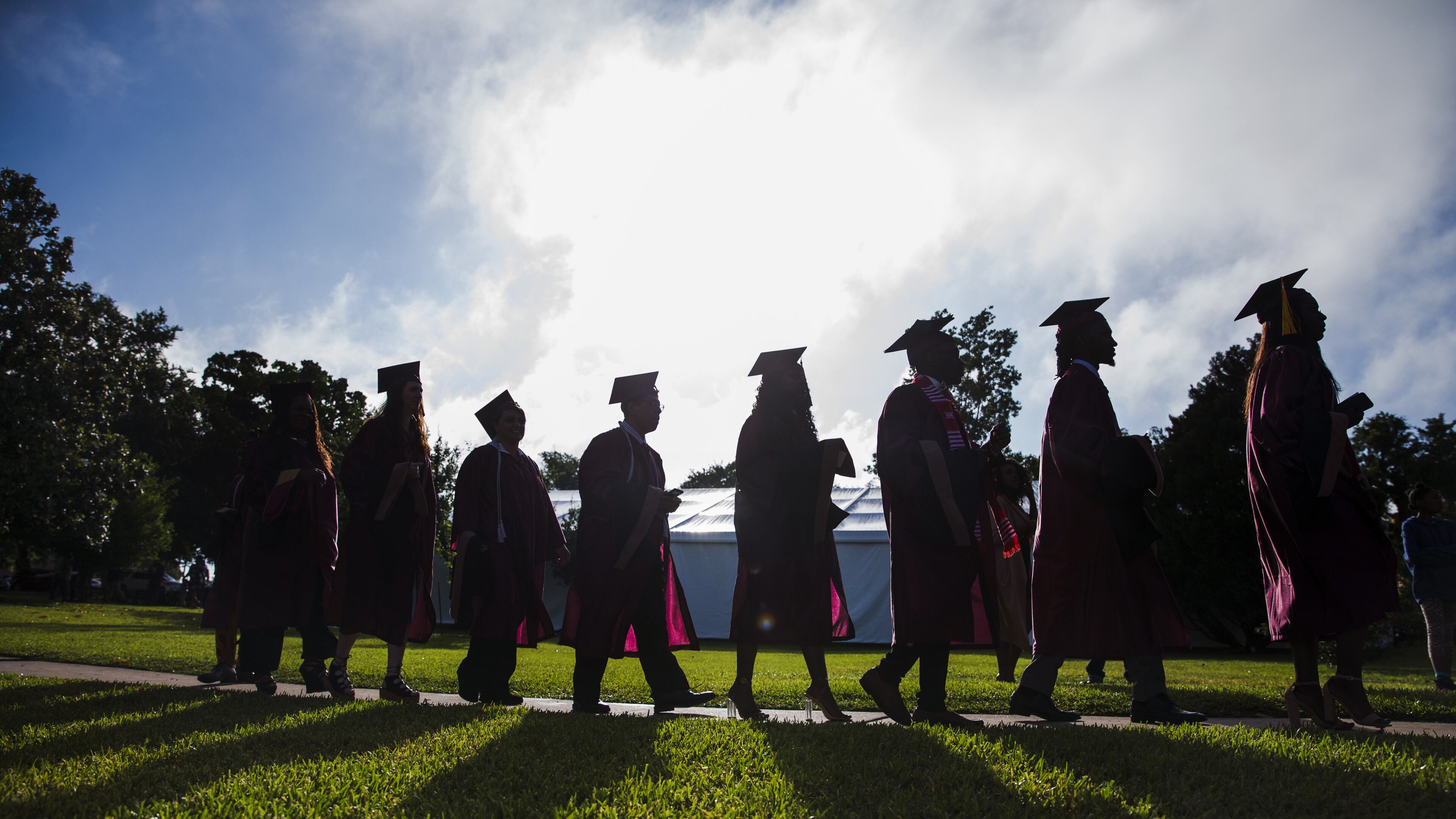Georgia House adopts limits to popular dual enrollment program

Georgia’s House of Representatives on Tuesday approved changes to the state’s dual enrollment program that will reduce the number of classes high school students can take on college campuses, which supporters say is necessary to keep the program available for all students.
The changes proposed in House Bill 444 would restrict students to a total of 30 college credit hours that would be paid through state funds, and limit the program to only 11th and 12th grade students, with some exceptions.
The bill passed by a 103-67 vote. It now goes to Gov. Brian Kemp for his approval. Kemp’s office worked with state education leaders on the changes last year and the governor has voiced his support for the bill.
Dual enrollment, which allows students to take college courses and earn college credits while still in high school, is one of the state’s most popular education initiatives. Since its beginning almost three decades ago, it has been touted as a way to give high school students an early start on college and save parents money.
Enrollment has nearly doubled in a recent four-year stretch, from about 27,000 students in fiscal year 2016 to nearly 52,000 students in fiscal year 2019, state records show. But as enrollment has increased, so, too, have costs.
A 2018 state audit found general fund spending for the dual enrollment program increased by more than 325% over the prior five years. The 2019 fiscal year budget was about $105 million.
The bill’s main sponsor, Rep. Bert Reeves, R-Marietta, told lawmakers Tuesday that “not every student is going to get dual enrollment” if the changes weren’t made. Among the complaints from critics was the changes would discourage some lower-income students from seeking a college degree since they may have to pay for some dual enrollment courses.



